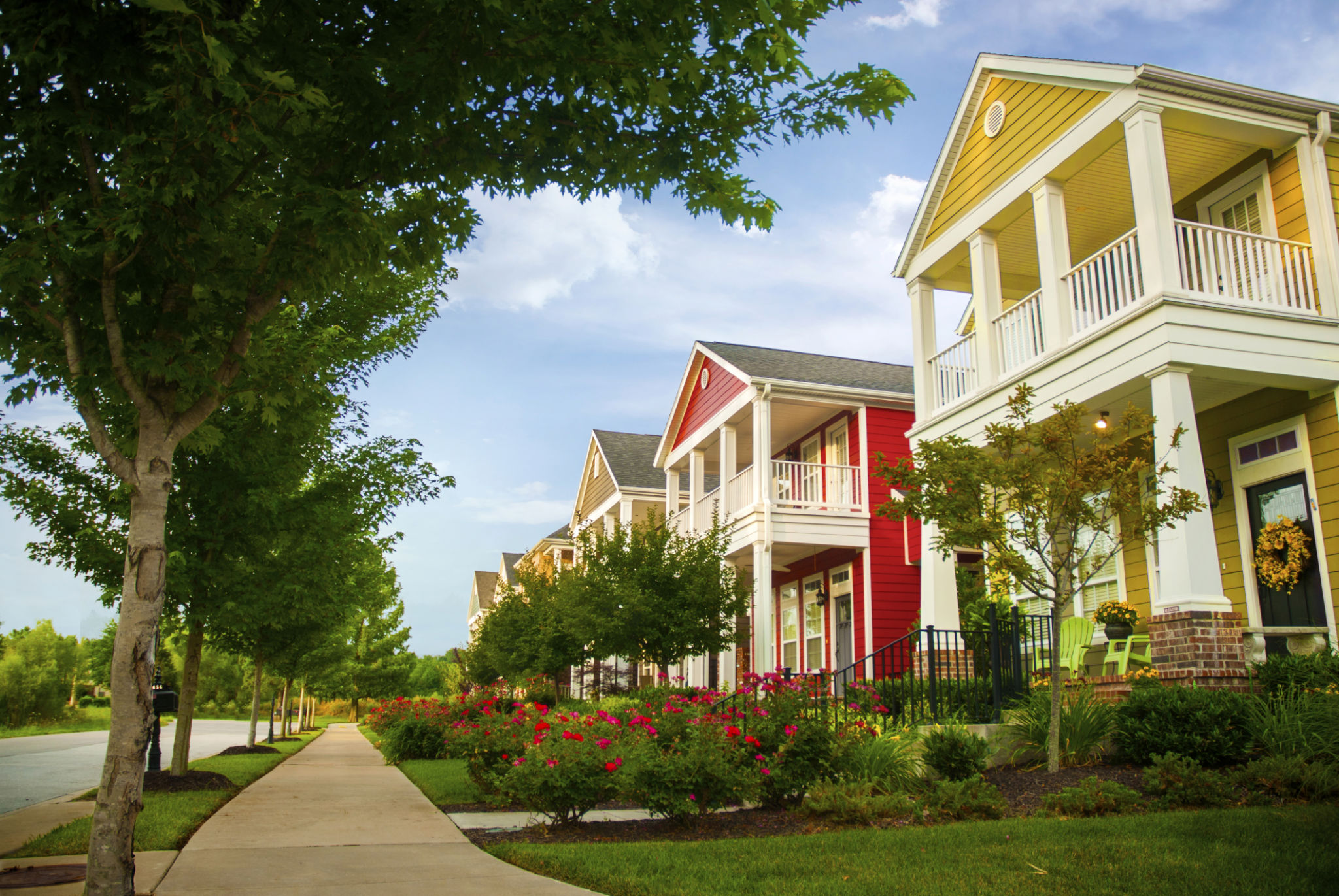A Step-by-Step Guide to Sustainable Community Development in Arkansas
Understanding Sustainable Community Development
In recent years, the concept of sustainable community development has gained significant attention, especially in regions like Arkansas. This approach focuses on creating communities that meet the needs of the present without compromising the ability of future generations to meet their own needs. It integrates environmental stewardship, economic growth, and social equity.
For Arkansas, a state rich in natural resources and diverse communities, implementing sustainable practices is both an opportunity and a responsibility. By focusing on sustainability, communities can enhance their quality of life while preserving natural landscapes and resources for future generations.

Engaging the Community
The first step in sustainable community development is engaging local residents. Community involvement ensures that development strategies align with the specific needs and desires of those who live there. Effective engagement can be achieved through public meetings, workshops, and surveys.
Encouraging participation from a broad spectrum of the community, including marginalized groups, ensures that the development process is inclusive and equitable. This engagement fosters a sense of ownership and responsibility among community members, which is crucial for the long-term success of sustainable initiatives.
Assessing Local Resources
Another critical step is assessing the local resources available in Arkansas communities. This means taking stock of both natural resources, such as water and forests, and human resources, like skills and knowledge within the community. Understanding what resources are available helps in planning how best to utilize them sustainably.
Communities should consider conducting resource audits to identify strengths and areas for improvement. This information can guide decision-making and help prioritize projects that will have the most impact.

Implementing Sustainable Practices
Once resources have been assessed, communities can begin implementing sustainable practices. This might include promoting energy efficiency, reducing waste, and supporting local food systems. In Arkansas, where agriculture plays a significant role, sustainable farming practices can be particularly beneficial.
Additionally, investing in renewable energy sources like solar or wind power can reduce reliance on non-renewable energy and decrease carbon emissions. These practices not only help protect the environment but can also lead to economic savings over time.
Monitoring and Evaluating Progress
To ensure continuous improvement, it's important to monitor and evaluate the progress of sustainable initiatives. Setting clear goals and indicators can help track success and identify areas where adjustments may be needed. Regular reporting keeps stakeholders informed and engaged.
This evaluation process should be transparent and involve feedback from community members. By celebrating successes and learning from challenges, communities can adapt and improve their strategies over time.

Building Partnerships
Sustainable community development benefits greatly from partnerships with other organizations. Collaborating with local businesses, government agencies, and non-profits can provide additional resources, expertise, and support. These partnerships can amplify efforts and create a network of support for sustainability initiatives.
In Arkansas, forging connections with universities and research institutions can also bring new insights and innovative solutions to local challenges. By working together, communities can achieve more than they could alone.
The Role of Education
Education plays a vital role in achieving sustainable community development. By raising awareness about sustainability issues and teaching practical skills, communities can empower individuals to take action. Educational programs can be integrated into schools or offered as workshops for adults.
In Arkansas, leveraging local knowledge and traditions can enhance educational efforts. Sharing stories of past successes and failures provides valuable lessons for future development.
Embracing a Sustainable Future
Sustainable community development is an ongoing journey rather than a destination. For Arkansas communities, embracing sustainability means committing to continuous learning and adaptation. By following these steps and prioritizing collaboration and inclusivity, communities can build a brighter future for all residents.
As Arkansas moves forward, each small step contributes to a larger movement towards a more sustainable state. With dedication and effort, communities can thrive while preserving the natural beauty and resources that make Arkansas unique.
